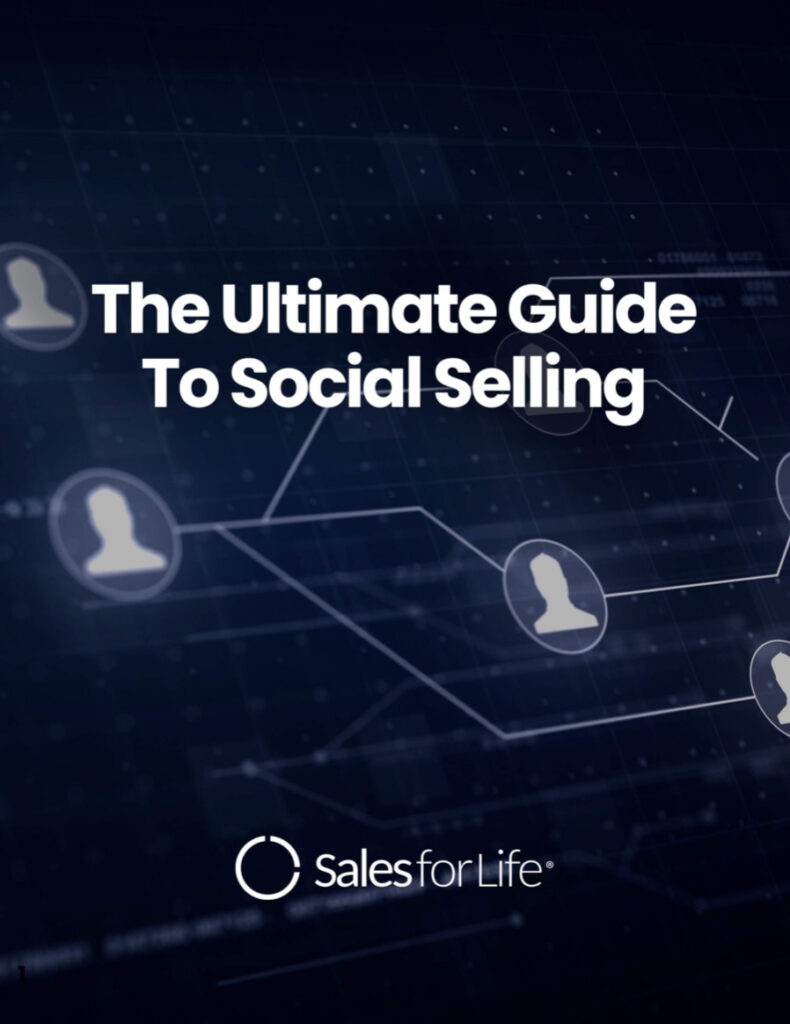
With the growing importance and prevalence of social networks in our daily lives, all of us at some point have wondered if the size of our social networks matters.
The answer: it depends on a few factors. Let’s explore them here.
Why Do Social Networks Matter?
At the core, social networks keep us close together and fulfill our innate – and almost primal need – to know more. Human beings crave new knowledge and insights to grow.
In fact, a study from Northwestern University discovered that humans are attracted to social networks (in the classic sense and not just social media networks) because they provide support and a sense of community. The study explores the concept of connectedness and reveals that the purpose of networks is to rally around common goals and viewpoints.
Apply this concept to social media networks and it becomes evident how hyper-connected we as a species can be.
Learning from Social Media Networks
Another study from MIT and Microsoft revealed similar findings but this time on modern social media networking sites like LinkedIn, Facebook, Twitter, etc.
Here is what’s interesting for sales professionals from this study: it shows a direct correlation between wanting to join a social network and grow it for the purpose of learning.
But why learn more? I’m convinced it’s because we have an innate desire to survive. The difference in knowledge may impact survival. The same concept holds true in the world of business and commerce.
This is powerful. Sales professionals, are you taking note?
All of those stats around 57% to 74% of the buying journey now being done online (data from CEB & Forrester, respectively) begin to make sense.
Buyers are looking to learn, find answers to questions, and grow because career and business survival is at the core. More knowledge could be the difference between beating a competitor, learning more than your peers, getting a faster promotion, impressing a prospect, servicing an account, and much more.
The Sales Professional’s Job: Guide but Also Influence
As you absorb this information, consider that it’s not the quantity or quality of your social network that matters. It’s both.
Quality of connections matters at the core. For this reason, I’m not an advocate of the LinkedIn Open Networker (LION) strategy. Unless someone can empirically illustrate how tens of thousands of followers/connections from all walks of life matters, it’s quite frankly one of the worst possible uses of time as a sales professional.
Quantity matters but insofar that they’re contextual and share similar goals.
For example, if you sell HR software and sell to HR professionals from all walks of life, then wanting to connect to as many of them online should be your goal.
As you share content and insights regularly with them, you begin to meet their innate desire to learn more and know more. What happens when you do this is remarkable:
-
You challenge existing beliefs.
-
You reinforce known truths.
-
You focus their attention on shifting trends.
-
You help spark dialog internally.
-
You stoke their fire to change or remain status quo.
In short, you have far more power and influence than you realize. And there you are thinking, “I’m just a sales rep.” You are in the classic sense, but you have the ability to do all of the things I’ve outlined above.
A great case study of this is Laura Tarrant, who has built up a loyal following of thousands of prospects because she takes the time to educate, provide insights and more. Her intent wasn’t to build the world’s largest network or the world’s most quality network — it was both. She saw these as two sides of the same coin.
Engagement Is the Ultimate Goal
By conscientiously focusing on growing the size of a quality network – full of potential buyers – you can drive what really matters: engagement.
In the pure mechanical sense, likes, comments, shares, retweets and mentions are signals. You can use them to start conversations and nurture existing ones. If you are struggling to have conversations in the market, then a concerted effort on sharing content with a growing social network can certainly help you.
This focus can enable you to take full advantage of the organic power of social media platforms: the ability for information to go viral. Imagine reaching people outside in networks you presently don’t have access to and crossing that chasm with education and insights.
If you focus on this, you’ll win.
The Bottom Line
I’m not sure if formal academic studies are needed to reveal what we intrinsically already know: that we are social creatures at heart and want to learn and know more.
From this perspective, the goal of sales professionals should be to grow online social networks with people they can help and assist in the long-term.
It doesn’t need to be more complicated than this. Remember my friends, quality and quantity matter.
What’s your take? Tweet me your thoughts @AmarSheth or connect with me on LinkedIn to collaborate.
{{cta(‘ec55a9f6-f4e1-449d-870d-899a003e60a8’)}}




